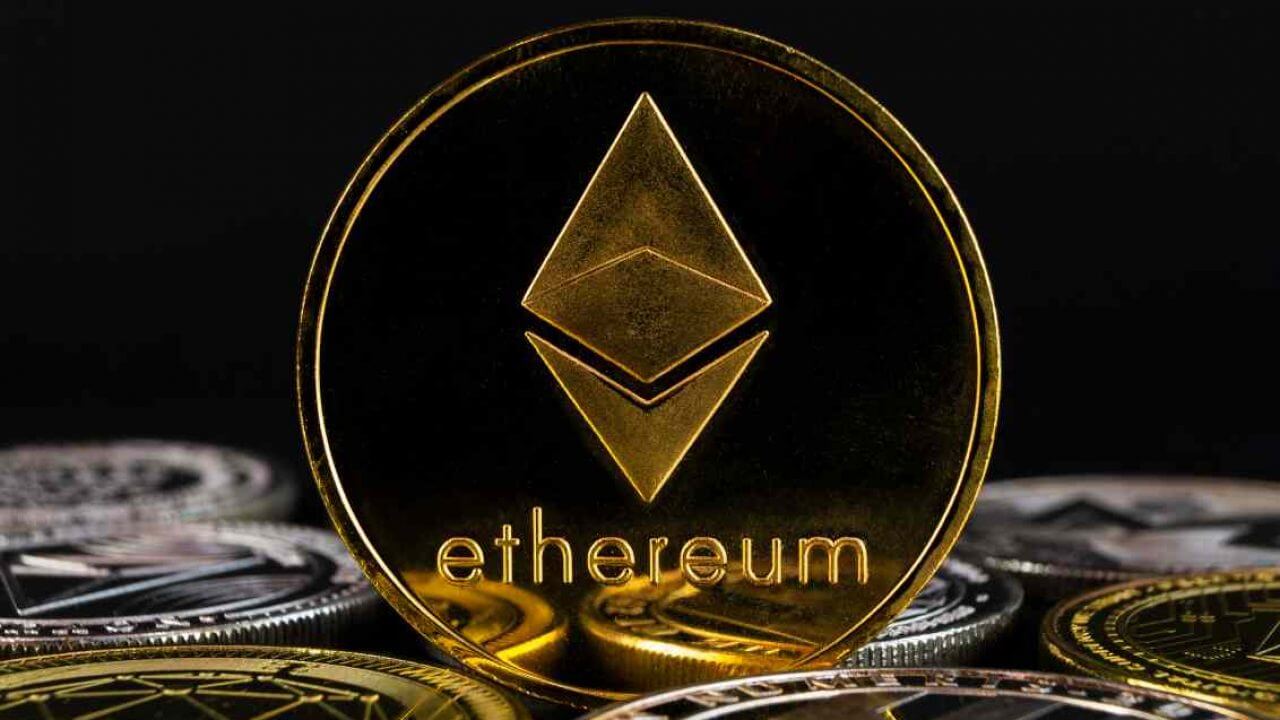|
Getting your Trinity Audio player ready...
|
Arbitrum, Ethereum’s leading layer-2 scaling solution, is taking a bold step forward with the proposed Bounded Optimistic Liveness Dispute (BoLD) protocol. This innovative system aims to fortify the network against transaction processing delays while transitioning to a more decentralized validation model.
Proposal Highlights
The BoLD protocol, unveiled on January 6, is currently up for a final vote through the Arbitrum DAO. With overwhelming support from the community, the voting concludes on January 24. If passed, the BoLD protocol is set to launch on February 12, revolutionizing transaction validation across Arbitrum’s ecosystem.
Arbitrum’s ecosystem comprises two major chains:
- Arbitrum One: A general-purpose chain boasting $17.7 billion in total value locked (TVL), optimized for Ethereum-compatible smart contracts.
- Arbitrum Nova: A chain tailored for high-throughput applications, with a smaller TVL of $43 million.
While Arbitrum currently relies on a permissioned group of validators to manage transactions and disputes, the BoLD protocol will democratize this process, allowing any participant to become a validator.
Addressing Delays with BoLD
The BoLD protocol introduces a fixed upper limit of approximately 12.8 days for resolving transaction disputes. This mechanism mitigates risks posed by delay attacks, where malicious actors exploit the dispute resolution process to stall confirmations. The protocol also incorporates a censorship timeout mechanism to counter potential sequencer outages or censorship events.
The necessity for such improvements became evident after Arbitrum One experienced a 78-minute outage on December 15, 2023, caused by a surge in network traffic.
Enhancements for Nova
While Arbitrum Nova will retain its permissioned model, the proposal includes adding Infura—a blockchain infrastructure provider—to Nova’s validator whitelist. This addition will enhance security, and reliability on the smaller chain.
Also Read: Arbitrum (ARB) Struggles Below Key Support: Will the Downtrend Continue or Will Buyers Step In?
The Road Ahead
If approved, BoLD will not only enhance dispute resolution but also set the stage for greater decentralization and resilience within Arbitrum’s ecosystem. With its deployment slated for February 12, the protocol is poised to solidify Arbitrum’s position as a trailblazer in Ethereum layer-2 solutions.
Disclaimer: The information in this article is for general purposes only and does not constitute financial advice. The author’s views are personal and may not reflect the views of Chain Affairs. Before making any investment decisions, you should always conduct your own research. Chain Affairs is not responsible for any financial losses.
I’m your translator between the financial Old World and the new frontier of crypto. After a career demystifying economics and markets, I enjoy elucidating crypto – from investment risks to earth-shaking potential. Let’s explore!




